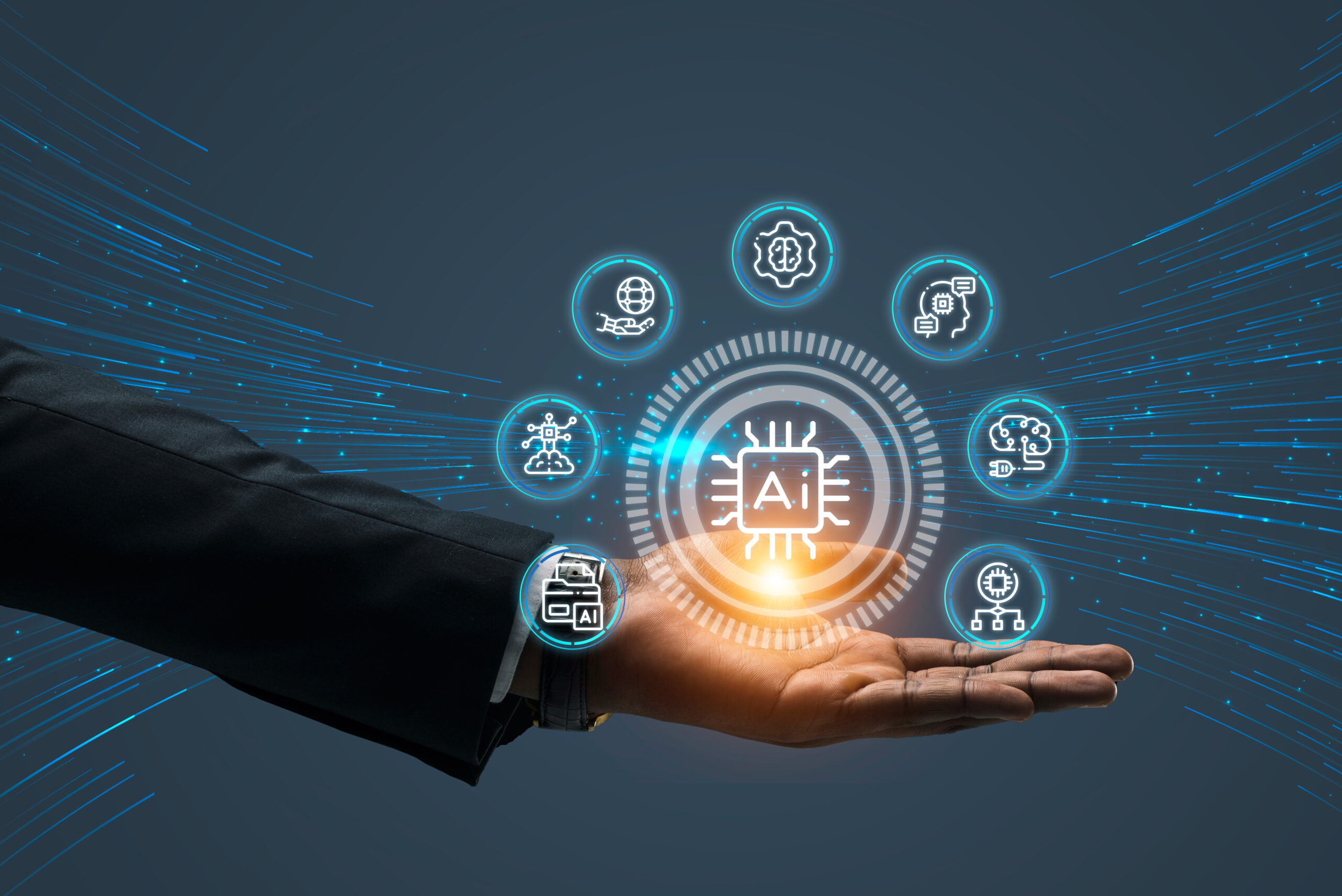- Home
- Technology
- Innovations in Recycling Techn ...
Discover the latest Innovations in Recycling Technology and their impact on our environment. Explore cutting-edge solutions to reduce waste and promote sustainability.

In today’s world, the urgent need for sustainability has led to remarkable Innovations in Recycling Technology. This article delves into the diverse innovations that are transforming the recycling landscape. From smart sorting systems to upcycling breakthroughs, we’ll explore how these advancements are not only reducing waste but also creating a more sustainable future.
Introduction
Recycling technology has come a long way since its inception. The relentless pursuit of sustainability has given birth to innovations that are changing the game. In this article, we’ll take a deep dive into these exciting developments and their implications for our planet.
Innovations in Recycling Technology
Innovations in recycling technology are revolutionizing the way we handle waste and promote sustainability. These advancements are not only environmentally friendly but also economically beneficial. Let’s explore some of the most exciting breakthroughs in this field.
Smart Sorting Systems
Smart sorting systems are at the forefront of the recycling revolution. These advanced systems use artificial intelligence and robotics to sort and segregate waste efficiently. By identifying materials with precision, they ensure that recyclable items are properly processed. This not only increases the recycling rate but also reduces contamination, making the entire process more sustainable.
Upcycling: Turning Trash into Treasure
Upcycling is a fascinating innovation that takes recycling to a whole new level. Unlike traditional recycling, which often downgrades materials, upcycling involves transforming waste into products of higher value. This not only reduces the strain on natural resources but also promotes creativity and sustainable living.
Waste-to-Energy Conversion
The conversion of waste into energy is a game-changer in recycling technology. In processes like incineration and gasification, waste materials are converted into electricity, heat, or fuel. This not only reduces the volume of waste in landfills but also provides a renewable source of energy, contributing to a greener future.
Blockchain for Transparent Recycling
Blockchain technology has found its way into recycling to ensure transparency and traceability. It allows consumers to track the journey of their recycled materials, assuring that these materials are indeed undergoing recycling and not ending up in landfills or the ocean This level of transparency builds trust and encourages more people to recycle.
Bio-Based Plastics
The production of bio-based plastics is a significant stride in reducing the environmental impact of plastic waste. These plastics originate from renewable resources like cornstarch and sugarcane, rendering them biodegradable and eco-friendly. They present a sustainable alternative to conventional plastics and find application in various industries.
Mobile Recycling Units
Mobile recycling units are bringing recycling facilities to the streets. These compact and portable units allow communities to recycle conveniently, especially in areas with limited access to recycling centers. It’s a step towards making recycling more accessible and widespread.
Ocean Plastic Cleanup
Innovations in recycling technology extend beyond land-based solutions. Advanced technologies now exist for removing plastic waste from our oceans. These inventions help mitigate the devastating impact of marine plastic pollution on our ecosystems.
FAQs
Q: What are LSI Keywords, and why are they important in headings?
LSI (Latent Semantic Indexing) keywords are related terms and phrases that help search engines understand the context of your content. Including LSI keywords in headings improves SEO and makes your article more relevant to readers.
Q: How do smart sorting systems work in recycling?
Smart sorting systems use AI and robotics to identify and separate recyclable materials from waste. They employ sensors and algorithms to enhance recycling efficiency.
Q: How does waste-to-energy conversion benefit the environment?
Waste-to-energy conversion reduces landfill waste, generates renewable energy, and helps decrease greenhouse gas emissions, making it an environmentally friendly solution.
Q: How does blockchain enhance recycling transparency?
Blockchain technology provides an unchangeable ledger of recycling activities, allowing consumers to track their recycled materials’ journey and ensuring they are responsibly processed.
Q: Why are bio-based plastics considered eco-friendly?
Bio-based plastics are derived from renewable resources and are biodegradable, reducing their environmental impact and promoting sustainability.
Conclusion
Innovations in recycling technology are reshaping the way we approach waste management and sustainability. As we continue to develop and implement these innovative solutions, we move one step closer to a more sustainable and environmentally conscious future.
















